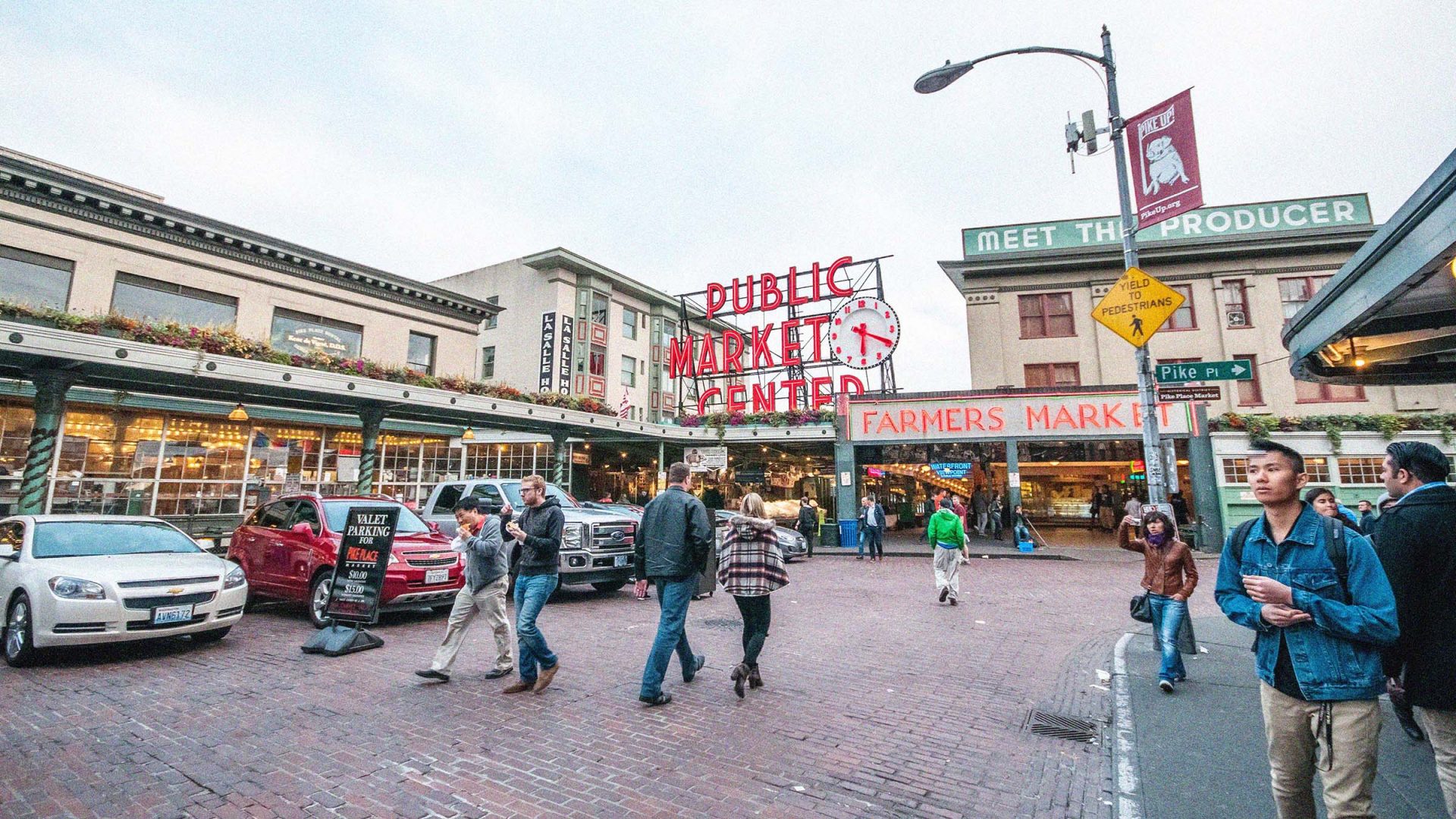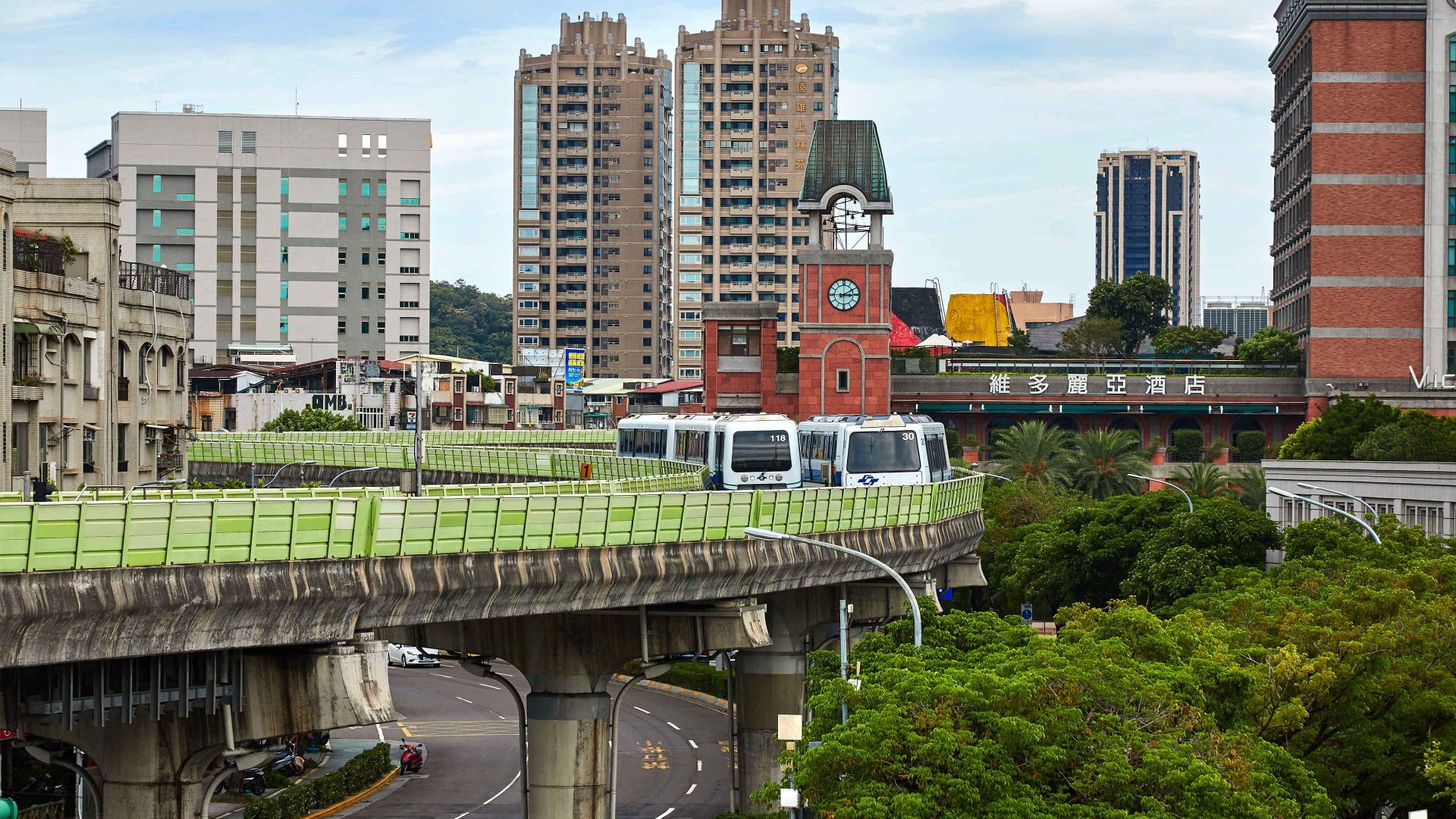It’s called the Fenty Fold – “fenty” being short for fentanyl, the synthetic opioid 50 times more potent than heroin and responsible each year for more deaths in the US than that country suffered during the entire Vietnam war.
I first witnessed the fold at around 5.30 am, walking jetlagged in the half-light, about a block from my hotel in the most popular tourist spot in Seattle; Pike Place Market.
On the street corner, three human beings of indistinguishable age were bent at right angles at the waist, arms drooped to the sidewalk, rigid and oblivious to their surroundings. Perhaps, in these moments of peak intoxication, oblivious to actual existence. Which, I imagine, is the aim.
It’s sordid and tragic, as close to a zombie movie as you can get in real life.
The scenic context is fundamental to the shock of the spectacle. Seattle is one of the wealthiest cities in the world – home to Amazon, Starbucks, Boeing, Expedia, Costco and huge Microsoft and Google operations.
On street corners one or two blocks away from Jeff Bezos’s spectacularly grand Amazon HQ, the fenty folders perform their anaesthetic calisthenics dawn and dusk. Where they go in the day is a mystery, but at some point cops and private security move them on, leaving nothing but the stench of stale urine lingering where they congregate.
Amazon, and their co-resident big-tech peers, are, you may guess, a significant part of the problem.
For years, Seattle’s housing market has been one of the hottest in the US, driven by the tech boom. One-bed apartments in the city routinely rent for more than $2,000 a month. Anyone with a low income faces being priced out of the market. Tens of thousands spend more than half their income on rent. They are just one crisis away from eviction and life on those street corners.
Compounding the problem, the tech boom has caused the city’s population to soar by more than a quarter since 2010. New affordable housing hasn’t come close to matching that.
Then there’s America’s healthcare provision. Washington State ranks close to bottom for access to psychiatric beds and mental healthcare provision. There is no meaningful plan to rescue those lost souls hooked on fentanyl.
The tangential consequences of all this poverty are also very visible. In grocery stores, armed security guards patrol the exits. I saw several armed with Tasers and handguns.
Seattle is a vehemently liberal city. In the presidential election, the city voted overwhelmingly for Kamala Harris against Donald Trump. Many of the locals I spoke to held their heads in their hands about the state of politics, both locally and nationally. Head-holding, however, seems an inadequate response to a chronic issue that threatens to define the reputation of a great city.
Suggested Reading

Sinking into the K-hole
Of course, it’s not just Seattle. The problem is nationwide. The latest data from the US’s Centers for Disease Control and Prevention, released last week, showed drug overdose deaths in the country have fallen sharply since their peak of more than 100,000 in 2023. Even so, the number is close to 80,000.
Synthetic opioids like fentanyl are thought to account for more than 70% of those deaths, of which around 80% are people aged between 15 and 24.
It’s easy, as a tourist, to feel nothing but pity for the people wasting away on those street corners, but at the same time I begin to see why Trump’s populist promises in other cities to “sweep them all away” might appeal to residents near parks their kids cannot play in because they are overtaken by fentanyl addicts.
If your politicians don’t have an answer to a crisis on your doorstep, then the populists’ promises – realistic or otherwise – become compelling.
Matt Kelly is founder and editor-in-chief of the New World




